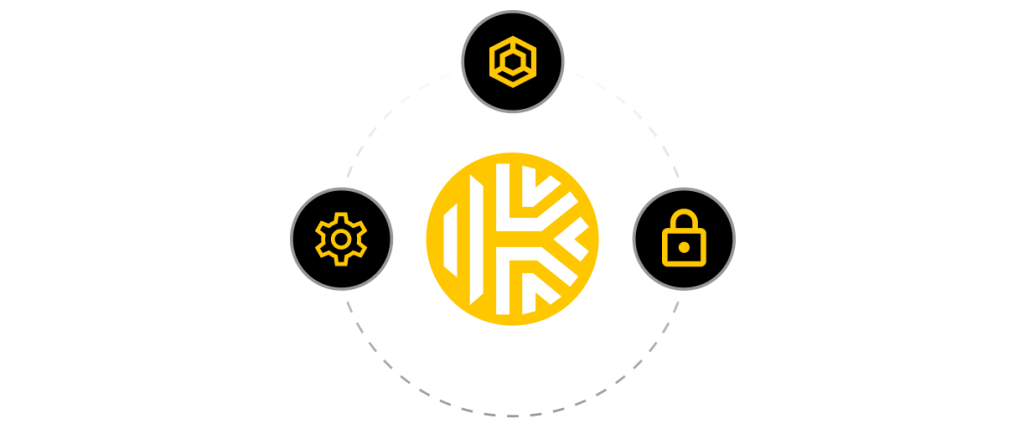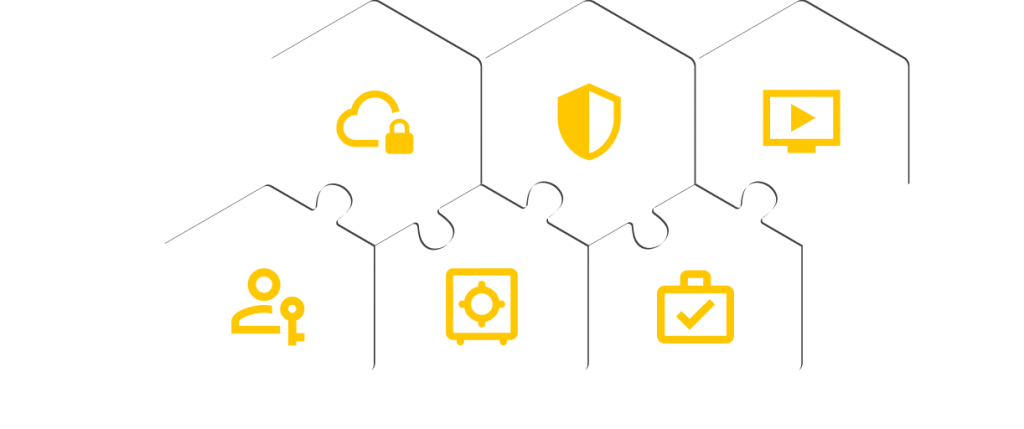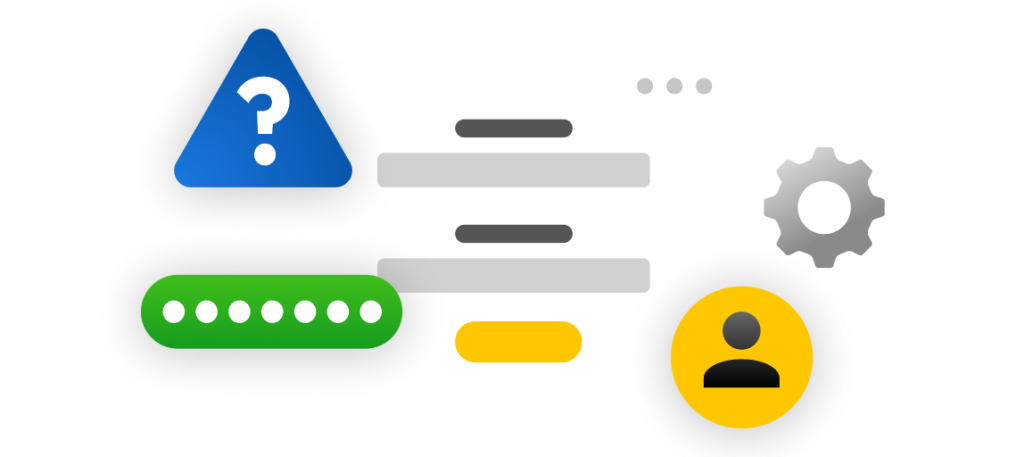Featured Blog
Keeper Brings Autofill Fast Fixes, Enhanced Control and PAM Record Support to the Browser Extension
In Keeper’s effort to improve user experience and security, we're announcing the release of Keeper Browser Extension 17.1. This update introduces changes that provide an innovative…


